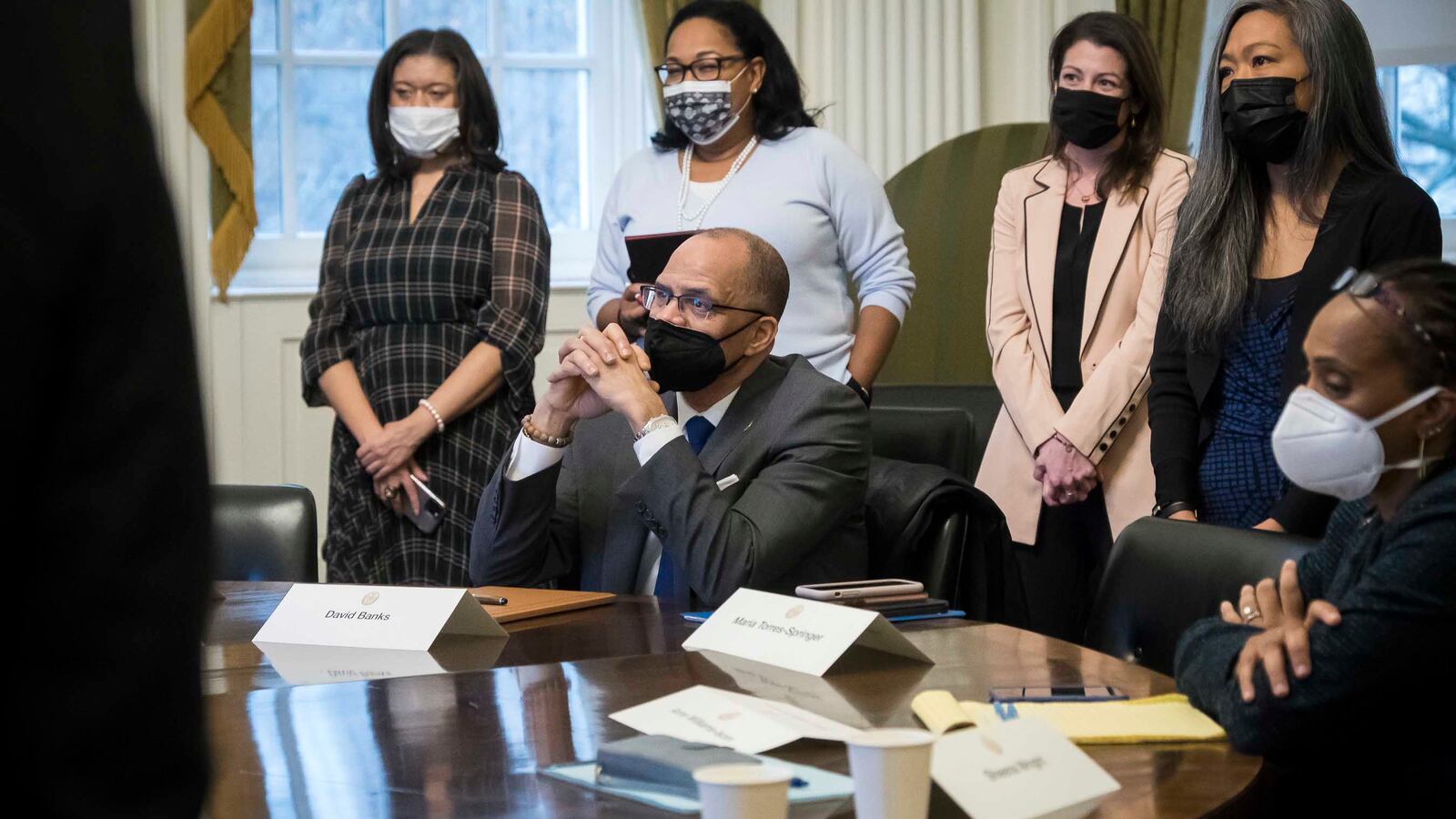On his first day as the chancellor of New York City schools, David Banks jumped into a crisis: surging COVID rates, staffing shortages and dwindling student attendance.
Now, more than a month into his term, coronavirus rates are declining, staffing seems less dire, and attendance is rebounding.
As Banks comes up for air, what should the new chancellor focus on?
Chalkbeat asked readers to weigh in, and roughly 200 of you from across the five boroughs responded.
Some common themes emerged, including calls for decreasing class size, finding an avenue for remote learning to continue, adding literacy coaches, and providing after-school tutoring. Many readers called for the continuation for gifted and talented programs as well as the Specialized High School Admissions Test; many called for the elimination of both. Other concerns: insufficient support for students with disabilities, and a lack of teacher diversity.
Though Banks has promised to shake things up, calling the nation’s largest school system “fundamentally flawed,” he has yet to share an overarching vision for how he would reform it.
Some changes he has promised: rethinking the role of central administration, starting a school for students with dyslexia, overhauling literacy instruction, focusing on career and technical education with an eye toward real-world work experience, and expanding the city’s community school model, which provides wraparound support like health and social services to families on campus. He has also hinted that he’s open to a more robust remote learning option this year, and is interested in using technology to find alternative ways of educating students beyond the traditional school day.
Banks takes the helm at a particularly fraught moment: It’s the third school year profoundly affected by the coronavirus pandemic, and he inherited a previous administration’s blueprint for grappling with the myriad academic and social challenges students face. He has said little about those plans, which involve assessing students on English and math multiple times a year as well as having teachers rate their students’ social skills.
But those issues often cropped up in reader responses. Many called for more social workers and mental health support in schools. Many also complained about spending too much time on academic assessments.
Q: What is one issue you are facing at your school that you want Banks to prioritize addressing in his first year, and why?
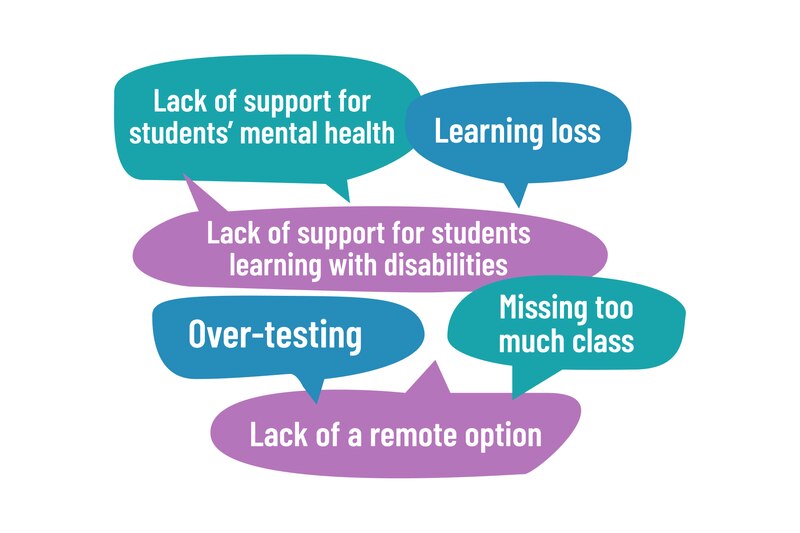
“Longer school day and free after-school for all schools. Kids need to catch up, and kids who excel need more advanced work…As a parent, I am on the edge of leaving NYC all together and go to Florida where schools are open and kids are not missing school days because of this unnecessary quarantine policy,” — Y. Chan, parent from Queens, P.S./I.S. 499
“I want to know why remote learning is not an option, not everyone has the same situation. I prefer my son stay home; he actually did better at home. With this virus rising I don’t feel safe sending him to school. As a parent we should be able to have a say over our children’s safety,” — Gloria Rivera, parent from the Bronx, St Helena School
“We have 22 DOE schools within our network and the range of available resources amongst them is quite striking. Teaching is already hard enough, but securing basic resources and materials that we know other public schools have access to is exhausting and is undoubtedly seen and internalized by our Black and brown students. In order to improve learning for students across schools, teachers indeed need adequate time to plan and receive professional development,” — David Lavallee, school support specialist from Manhattan, CUNY Affinity Network
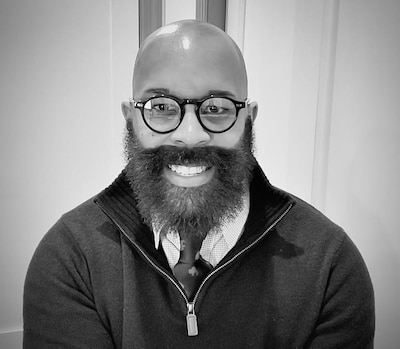
“Banks needs to deploy people to schools who are there to support leaders, teachers, students, and families. And those people need to have a track record of moving the academic needle and coaching people to success. Too many people who are deployed to support schools are only showing up to evaluate schools, and oftentimes, their priorities need to be narrowed down to the highest leverage thing that needs to change: teacher practice and student outcomes,” — Rashid Johnson, parent and school leader from Brooklyn, District 15
“We are just tired and need more help. Maybe some more breaks in between classes so we don’t get as overwhelmed,” — Elian Debira, a student from Brooklyn, Park Slope Collegiate
“Between the Acadience screeners, SEL screeners, and New York State testing, it feels like we are testing year-round, and in ways that get us very little useful information. There is lots of talk about ‘learning loss’ and students being ‘behind.’ And, a lot of acknowledgement of the importance of paying attention to kids’ social emotional needs. How are we supposed to ‘catch kids up’ and attend to their emotional needs when we’re spending so much time on these mandates? We believe in assessing kids and have administered the assessments we have always used that give us important information. We’re wasting time on flawed DOE-mandated tests that give us very little data. This is very frustrating and in many ways demeaning,” — Kyla MacDonald, a teacher from Brooklyn, P.S. 321
“We always need more time and opportunity to collaborate with each other in order to develop and align curriculum within and across grade levels. As a parent, I want more options for kids who have emotional disabilities but who are able to work at or above grade level, these options really do not seem to exist in the public system. As a teacher, I want support so I can create and share innovative curriculum,” — Miriam S., parent and educator from Brooklyn
Q: What is one action Banks could take as leader of NYC schools that would improve learning for you and/or students?
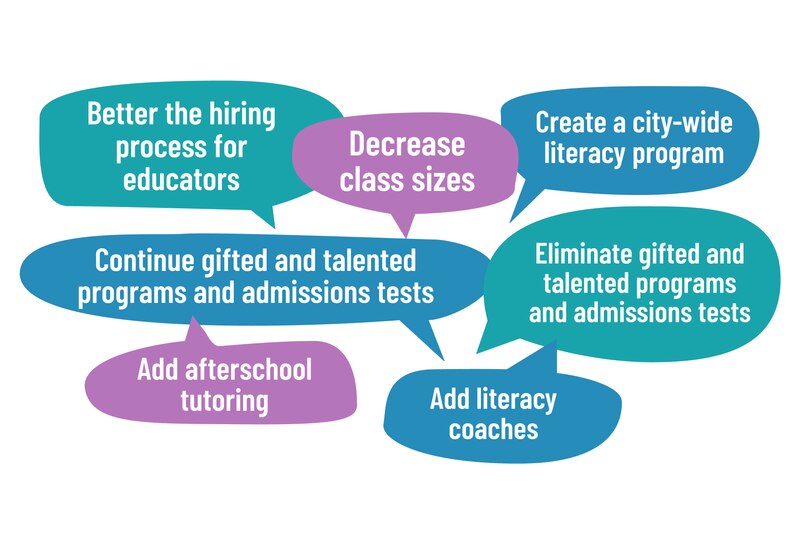
“So many of the challenges that our schools face, health/safety, tailoring curriculum to suit our brightest to those who struggle the most, and addressing behavior issues, could be mitigated with smaller class sizes. Build the teacher pipeline to ensure a much better teacher-child ratio. I don’t see how Brilliant NYC can be rolled out without smaller classes. If the District 3, in particular, wants to stem the outflow of families from its schools, offering smaller classes is a potential way out,” — Gwen K. parent from Manhattan, P.S. 452, District 3
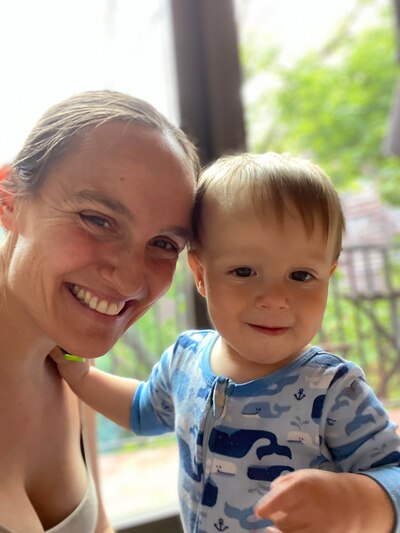
“We need smaller class sizes so individual kids’ needs can be met. High fliers can get individualized instruction as well as kids who are struggling. Lower the class-size cap for all grades and make a plan to open new schools in the coming years to accommodate smaller class sizes,” — Anne Hager, parent from Manhattan, District 2
“We need full Involvement in SLT [School Leadership Teams]. Parents serving on PA /PTA/ SLT /CECs [Community Education Councils] should be given college credits for their community service roles. Schools should be required to have teachers representation that looks like the community in which children lives,” — Rose Marie Gulston, parent and school leader from Queens
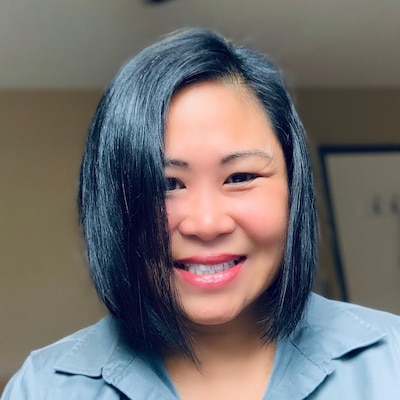
“Smaller class sizes should be seriously prioritized. Both my son’s high school in Queens and the Bronx middle school where I teach need to reduce class size to provide the support students need, especially during this time when we’re still dealing with COVID protocols. Money has to be spent for building space and hiring highly qualified teachers and staff to make this possible,” — Michelle Bugay, parent and educator from Queens
“Metal detectors. Get them out. Most safety incidents in schools have nothing to do with objects brought into the building, regardless of whether a building has metal detectors or not. End the obsession with treating our kids like widgets — too much money is spent on testing and assessing and that takes away from time for instruction,” — Johanna Bjorken, parent from Brooklyn, Park Slope Collegiate
“I would like to see less cases of multiple different schools being packed into one building,” — Arthur Visscher, a student from the Bronx, The Brooklyn Latin School
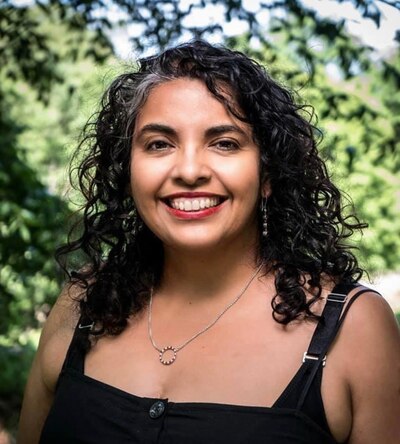
“Please add appropriately trained literacy coaches to all schools K-3. I have a dyslexic child in fifth grade at a private school for [students with dyslexia]. I wish I could keep her at her local schools, but they do not offer anything reasonable for her dyslexia support. We need to stop deciding that one-fifth of the kids in NYC are throw-away kids. They are pushed through the education system and made to feel like they are flawed because they struggle to read. NYC can and should lead the nation on what a robust special education looks like. Families of means, who can afford to sue the DOE, should not be the only ones who can get an appropriate education for [students with dyslexia].” — Margarita Soto, parent from Queens, District 30
“The system needs both equity and dedicated opportunities for rigor. ...G&T stakeholders believe it is possible to reimagine the program to increase equitable access to these schools and programs, while NONE of the decisions made in the De Blasio administration regarding G&Ts were made in consultation with the stakeholders,” — Jennifer Fox, parent from Bronx, Nest+M
“Please stop gifted and talented programs. Give all students access to rigorous curriculum. G&T programs are tools for segregation. Adopt a “no homework” policy in grades third through fifth. All students should have access to high-quality music and art instruction. They should not have to go to a specialized high school or middle school to be able to play an instrument in a school ensemble,” — Katie Mark, parent from Brooklyn, District 17 and District 21

